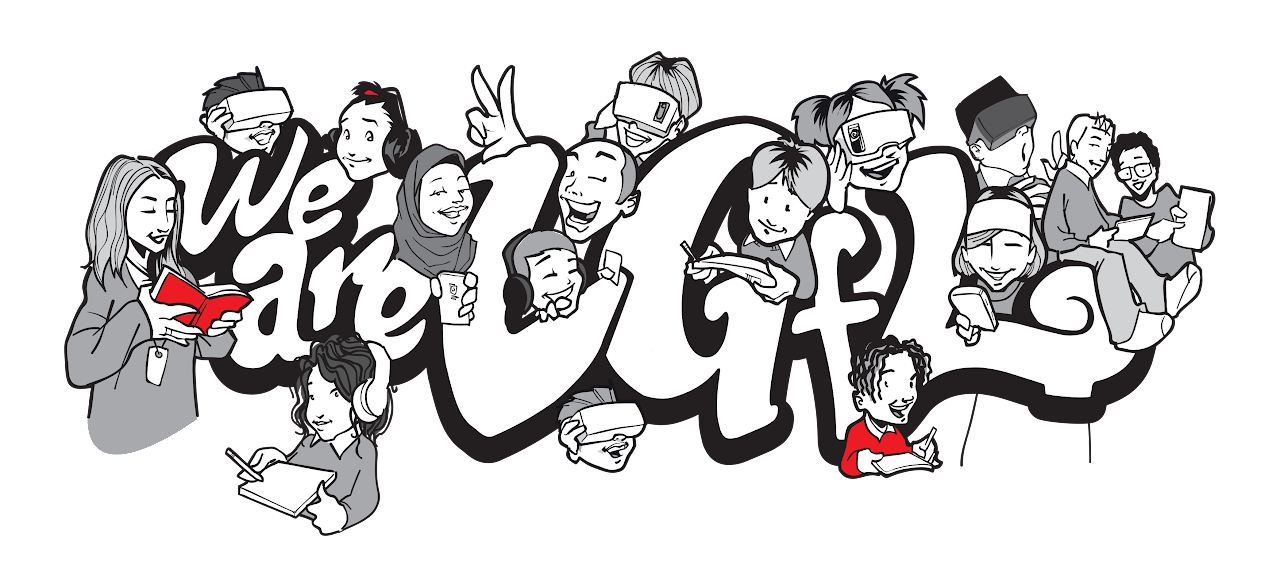Ancient Egypt – Combining AR, VR and Expert Video to Raise Literacy Standards
Ancient Egypt is a firm favourite in Primary schools and key to the KS2 History curriculum; here’s your chance to bring it to life more than ever before.
The challenge
-
The introduction of Virtual Reality had the potential to be disruptive/ distracting and negatively impact on the quality of the written work.
-
It also could have posed a management challenge to ensure all the hardware and software worked seamlessly together.
-
The Class VR system removed this concern as it is a fully integrated system that although very flexible is simple to manage and deploy for a non-specialist teacher.
Quote from Katie Usher
It helps ensure that no child is left behind in their learning as the range of resources helped differentiate the more complex aspects of the topic
What did you do?
-
We used the LGfL Ancient Egypt mixed reality and expert video resource to improve literacy outcomes for learners in a split Year5/6 class.
-
We used Avantis Class VR headsets to access the Virtual Reality, iPads to access the Augmented Reality and experts video.
-
We incorporated the different online resources within our curriculum planning so that we used the resources at different times for different reasons to consolidate learning.
Why did you do it?
-
We have successfully taught the topic for many years, using offline resources. We wanted to enhance the quality of the insight provided on the topic through the introduction of an actual Egyptologist into the explanations that developed understanding.
-
We found that the expert Egyptologist corrected some common misconceptions that are often taught by non-specialist teachers. For example, often ancient Egyptians were portrayed as preoccupied with death. We learnt from the video content that this was not necessarily true; it is just that we have found most of our evidence about what life was about through the discoveries within Egyptian burial sites and tombs.
-
We used Augmented Reality to convey more complex concepts such as pyramid construction and Virtual Reality to take the learner back in time and to a distant unfamiliar environment and rea to enhance their experience which translated into improved descriptive wiring outcomes for all.
How did you do it?
We used Class VR management software to ensure that the VR headsets were used appropriately and efficiently during lesson time. The software helped control access to different VR resources ensuring that a range of experiences were accessed for each members of the class.

We found the expert video content promoted the use of specialist vocabulary and helped increase the range of adjectives used to describe the experiences they had within the virtual world.











